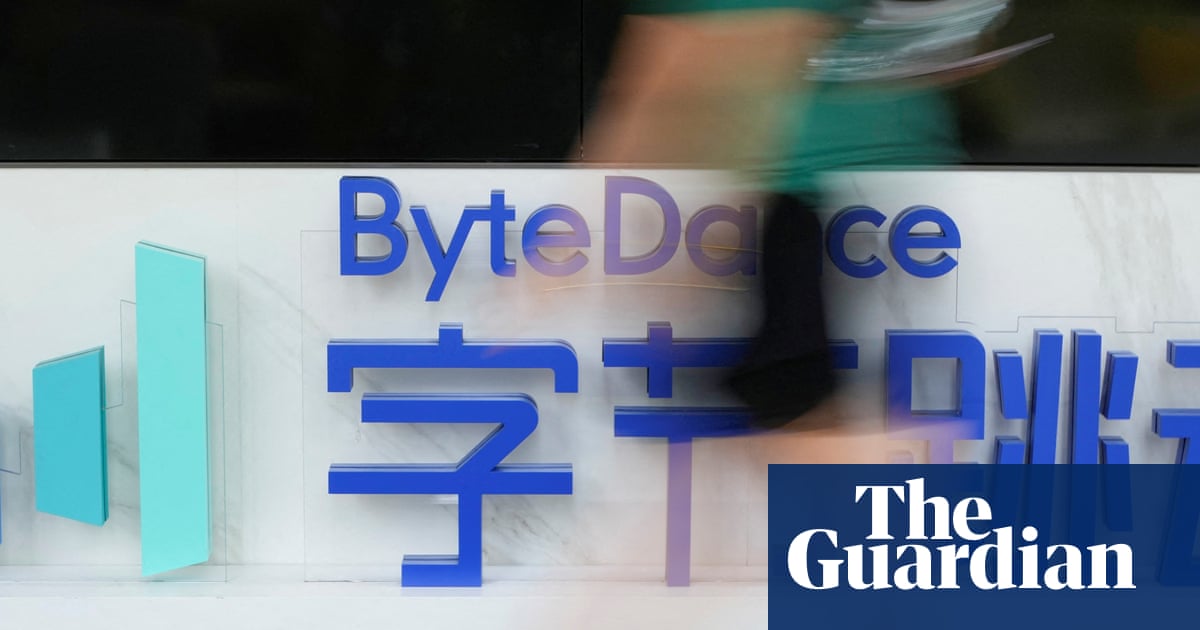
"ByteDance, the owner of the short-video app TikTok, is set to launch a new employee share buyback that will value the Chinese technology giant at more than $330bn, driven by continued revenue growth, said three people with knowledge of the matter. The company plans to offer current employees $200.41 per share in the repurchase program, the people said, up 5.5% from $189.90 each it offered them about six months ago which valued ByteDance at roughly $315bn."
"The latest buyback at a higher valuation will come as ByteDance consolidates its position as the world's largest social media company by revenue, with its second-quarter revenue up 25% year-on-year, the people said. That jump resulted in the company's second-quarter revenue hitting about $48bn, two of the people said, most of which is from the Chinese market as it continues to face political pressure to divest its US arm."
"In the first quarter, ByteDance's revenue rose to more than $43bn, making it the world's No 1 social media company by sales, topping Facebook and Instagram owner Meta's $42.3bn in that period. Both firms maintained sales growth above 20% in the second quarter, helped by robust advertising demand. ByteDance's biannual buybacks allow employees of the privately held company to cash out some holdings and reflect a balance sheet strengthened by its expanding domestic and international businesses."
ByteDance plans an employee share buyback offering $200.41 per share, valuing the company above $330bn, up from a prior $189.90 offer that valued it at about $315bn. The buyback is expected to be launched in the autumn. Second-quarter revenue rose 25% year-on-year to about $48bn, driven largely by the Chinese market while the company faces political pressure to divest its US arm. First-quarter revenue exceeded $43bn, making ByteDance the world's largest social media company by sales. Biannual buybacks provide employee liquidity and reflect a strengthened balance sheet from expanding domestic and international businesses.
Read at www.theguardian.com
Unable to calculate read time
Collection
[
|
...
]